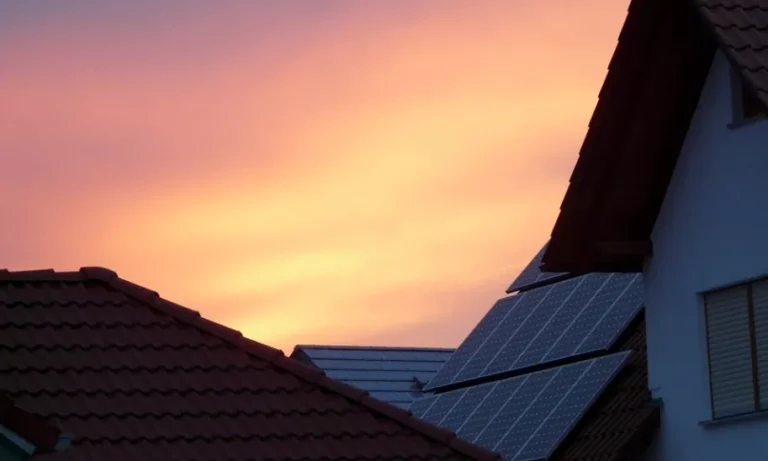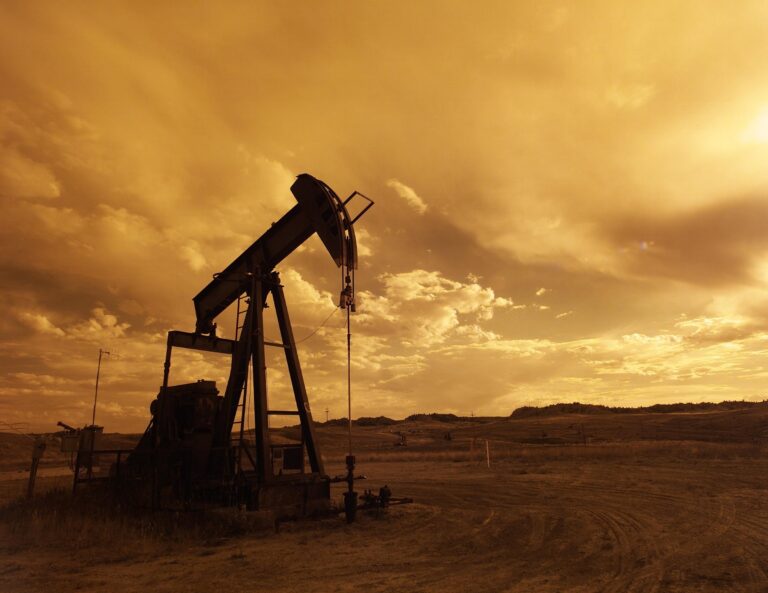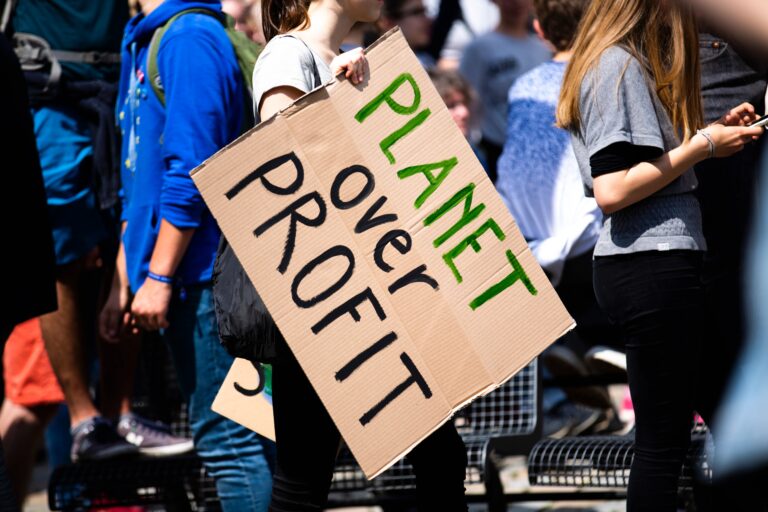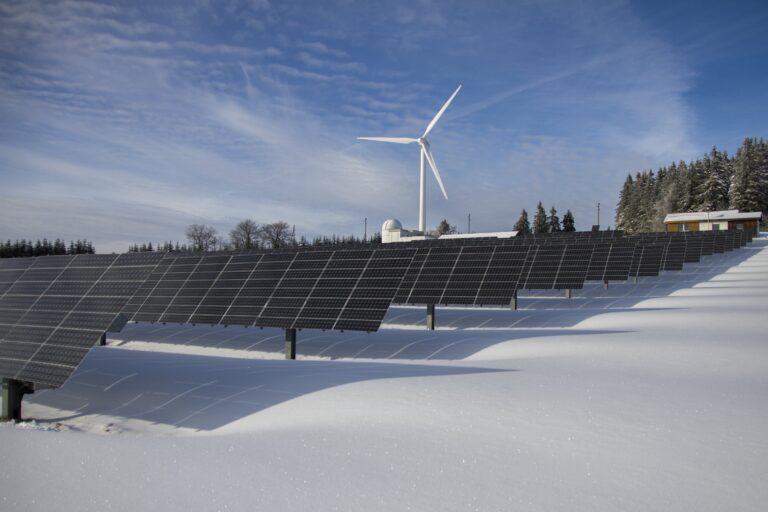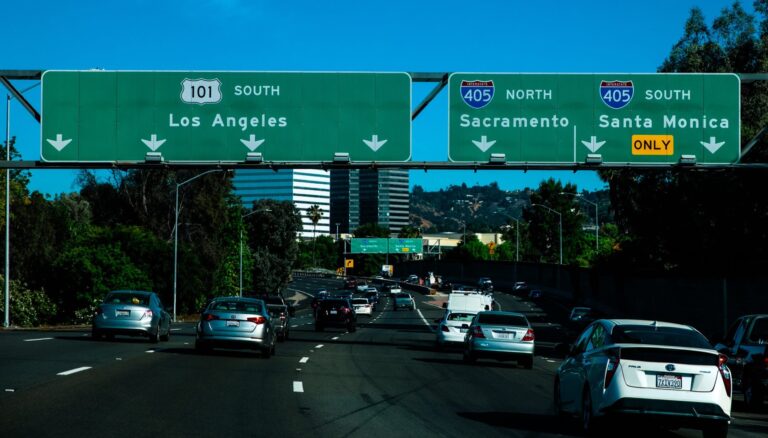Does Anyone Care About Earth Day? Evidence of the past 50 years says ‘No’
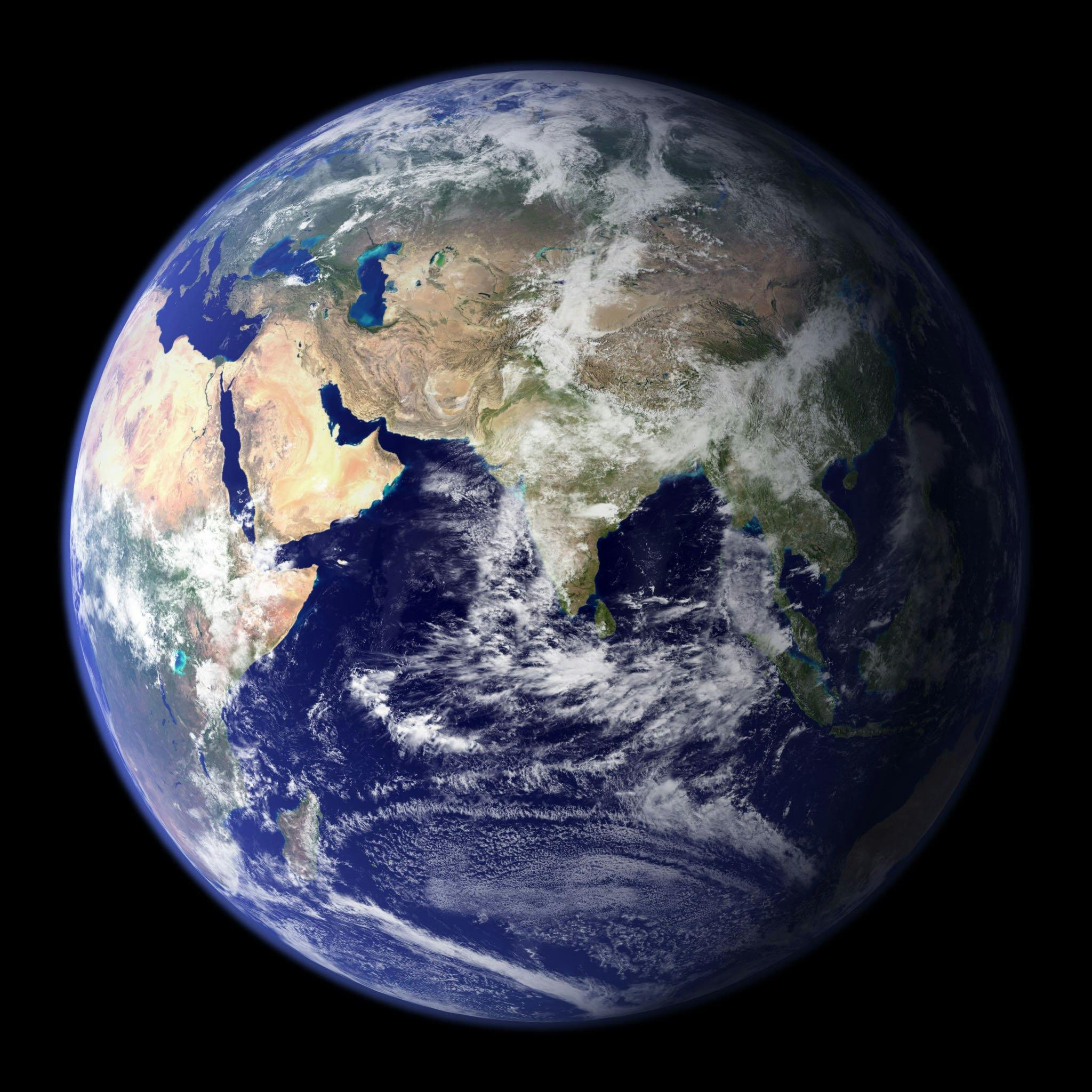
(Commentary)
SAN FRANCISCO — Fifty-four years after Democratic Senator Gaylor Nelson (D-Wisconsin) created the first Earth Day with the approval of the Nixon Administration, millions of environmentalists and grassroots supporters will gather around the world Monday to raise awareness about climate change and protecting our ecosystems.
Rallies, protests, campaigns, and biodiversity initiatives will fill the news cycle as we – once again – pledge to do what is necessary to protect the world’s fragile natural balance and all species. Then it’s back to reality.
Since the first Earth Day in 1970, global temperatures have climbed more than 1%, with the 10 hottest months on record occurring in the last 10 months. Ninety percent of the growth of harmful carbon emissions in the atmosphere has transpired. Carbon as measured by parts per million has climbed from 325ppm on that first Earth Day to a record 426ppm today, according to the Mauna Loa Observatory.
Discover: AI poses new climate threat
And Exxon Mobil’s share price, including splits and dividends, has gained 20,000 percent, according to Macrotrends. At what point do we conclude that a once-a-year celebration isn’t working?
Proponents of Earth Day will point to the fact that it’s vital to have re-occurring reminders of the importance of the environment to continue harnessing the world’s youth. There’s evidence of this working in past elections in Europe, wholesale shifts in workplace specialties and university curriculums, and lately, in a series of lawsuits against fossil fuel companies in Montana and in Europe.
It can also be seen in the stunning rise in clean energy being developed through gains in wind, solar, hydro, and thermal energy. Electric vehicles, despite a slowdown in sales this year, represent 12% of all cars and trucks in Europe and about 5% in the U.S.
But those gains are often overshadowed by geo-political events that increase demand or lower supply for oil, including the threat of a widespread war in the Middle East or Russia’s invasion of Ukraine. Anti-climate politicians, who grow stronger as the climate crisis exacts more damage, have stalled progress in the U.S. and are poised to gain power in European elections this year. In Asia, where pollution is the worst in the world, great progress in renewable energy has been impeded by a stubborn desire to maintain coal plants.
Read: Climate change could have a $38 trillion price tag
It’s useful to remember on this Earth Day that the original idea was spawned by the blatant environmental damages caused by an oil spill off the coast of California in 1969. Pretty much everybody was in agreement back then, Democrat and Republican. Those times have changed, and as climate change has increasingly exacted lives and property, the rift has only grown over who is to blame.
In this next decade, the crisis will move beyond the time for rallies and support, for political agreement and international consensus, to a global financial crisis that will pit nation against nation for funds and resources to protect themselves. Starting with devastation in the smaller island nations and spreading to home insurance, fixed-income markets and inflation in the major countries.
How we choose to respond will determine how and where we live in coming generations. Global movements, one day festivals and international summits have their place, but the urgency of this crisis demands more. Governments, by their very nature of change, conflict and nationalism, are not equipped to solve this crisis. Financial markets — the very capitalism that got us into the oil mess of the last 50 years – are the only mechanism with the wealth and might to successfully innovate and create ways to adapt.
Fusion technology, nuclear energy, geo-engineering, green redesigning of our cities, and the overhaul of our electric grid infrastructure for a new energy age are all on the table, promising danger and sacrifice but also great opportunities for investors.
As we celebrate Earth Day on Monday, by all means enjoy the successes we’ve achieved since the 1970s. But we must also reflect on the bigger hole we’ve dug ourselves since then, and the challenges ahead for investors and everybody else riding along on this burning planet.

